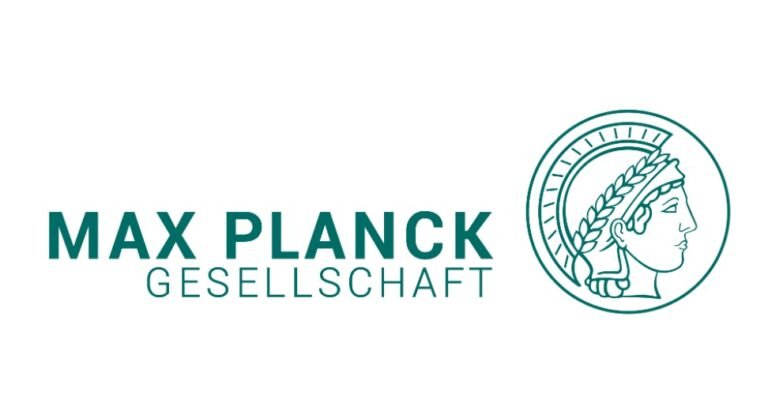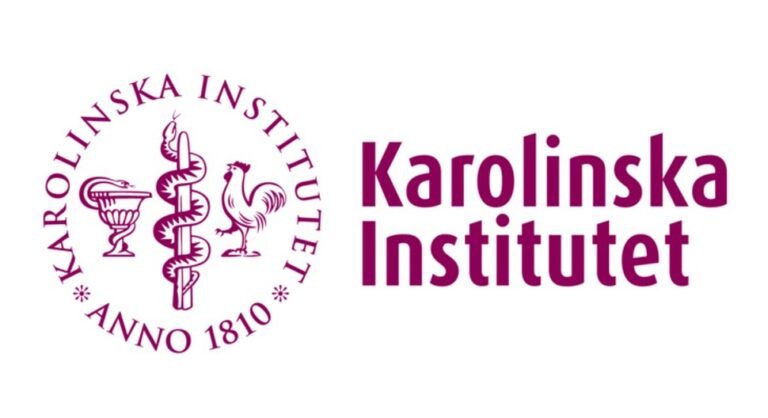The Dept. of Neurophysics at the Max Planck Institute for Human Cognitive and Brain Sciences (MPI CBS) in Leipzig (Germany) invites applications for a Postdoctoral Position in Advanced MRI Analysis Methods.
Our vision is to develop and apply microstructure imaging and in-vivo histology using MRI (Weiskopf et al., Nature Rev. Phys. 2022). We pursue an interdisciplinary approach, developing novel MRI and functional MRI (fMRI) acquisition methods, image processing methods and integrated biophysical models.
The postdoc will work on MRI-based in vivo histology with a special focus on risk factors for and disease progression in early-stage Parkinson’s Disease. Although data analysis is at the core of the position, the work includes the entire imaging pipeline from acquiring to processing and interpreting image data to generate impactful research publications while leveraging widely-used neuroimaging software (e.g., SPM, FreeSurfer, hMRI toolbox) and programming frameworks (e.g., Python, MATLAB). They will work closely with physicists who develop new acquisition methods that generate unprecedented MRI data at the cutting-edge of neuroimaging methods, e.g., submillimeter resolution, fully quantitative MRI acquisitions. The successful candidate will ensure a tightly integrated workflow with a short development cycle for assessing new advancements in acquisition techniques and deploying novel analysis pipelines and approaches.
The ideal candidate (m/f/d) must have a strong background in MRI data analysis and neuroimaging methods, and hold a PhD in physics, neuroscience, engineering, mathematics, computer science or a comparable subject. Proficiency with established neuroimaging software and one or more programming language is essential and experience with open-source software development or involvement in collaborative coding projects is highly desirable. Prior experience with MRI scanner operation is advantageous. Knowledge in fields of quantitative MRI, image analysis of ultra-high resolution MRI data and neuroimaging applications in the field of neurodegeneration is particularly helpful. Applicants should demonstrate a consistently outstanding academic record including publications, and be highly proficient in spoken and written English.
We offer
- the possibility to conduct truly fundamental research to change the field of neuroimaging,
- the opportunity to work on highly relevant (clinical) applications in cooperation with leading clinical partners,
- an international, friendly and highly supportive interdisciplinary environment within the Neurophysics Department and network of leading international cooperation partners (working language English),
- the chance to work with top researchers from diverse backgrounds in an internationally leading neuro-imaging center within the renowned Max Planck Society,
- access to world-leading facilities, including a Siemens 7T Terra.X MRI scanner with 64-ch Rx 16-ch Tx RF coil, Skope field camera and optical prospective motion correction setup.
The preferred starting date is immediate but negotiable. The duration of the post is 2 years in the first instance. Remuneration is based on the pay scale of the Max Planck Society. Female and international applicants are particularly encouraged to apply; we actively support the compatibility of work and family life. We strive for gender equality and diversity. The Max-Planck Society is committed to increasing the number of individuals with disabilities in its workforce and therefore encourages applications from such qualified individuals.
To apply, please submit a single PDF file containing a personal statement (describing your personal qualifications, research interests and motivation for applying), full CV (inc. publication list), evidence for software development experience (active GitHub/GitLab profile or similar), two of your key publications, contact information of three referees and academic certificates (PhD, Diploma/Master, Bachelor certificates). Please submit your application via our online system (subject heading: “PhD 04/25”); applications will be reviewed on a rolling basis.
Further information on our work
Leipzig is a vibrant city that has been called “Germany’s new cultural hot spot” by the Guardian and listed as one of the 52 places to go in 2020 by the New York Times. It has a long-standing history of classical music, academic education, and —recently— modern arts. With its many parks, forests, canals and lakes, Leipzig is a perfect place for recreation, sports, and leisure time. It is located a one-hour train ride south of Berlin.
If you have any questions, please contact Dr. Evgeniya Kirilina at kirilina@cbs.mpg.de






